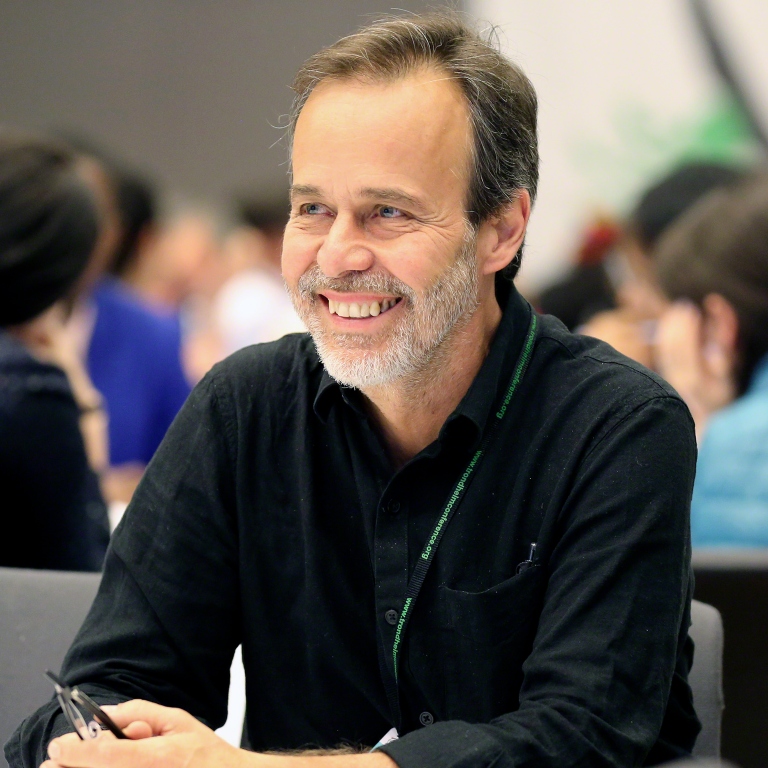UNESCO’s Man and the Biosphere (MAB) program and LVMH are working together to reconcile conservation of biodiversity with its sustainable use by implementing sustainable development respectful of local cultural contexts.
One of their joint initiatives, the Amazon program, is addressing the direct and indirect drivers of deforestation in the Amazonian region within 8 biosphere reserves located in Bolivia (Pilón-Lajas and Beni Biosphere Reserves), Ecuador (Yasuní, Sumaco and Podocarpus-El Condor Biosphere Reserves), Brazil (Central Amazon Biosphere Reserve) and Peru (Manu and Oxapampa-Ashaninka-Yanesha Biosphere Reserves).
The program is based on participatory and inclusive approaches, combining scientific, local and indigenous knowledge and will be implemented by the biosphere reserve teams with support from the MAB national committees, UNESCO offices and a scientific committee led by Eduardo S. Brondizio, professor at Indiana University (USA) and co-chair of the IPBES Global Assessment Report on Biodiversity and Ecosystem Services.
Eduardo S. Brondizio explains the current situation in the Amazon region: “Fifty years of development interventions have left behind a trail of degradation and social inequalities that today converges with climate change in a devastating Covid-19 pandemic, creating one of the most complex puzzles of our time in terms of environmental governance and development. The Amazonian biosphere reserves represent one of the pieces to solve this puzzle.”



